We are not always what we seem, and hardly ever what we dream
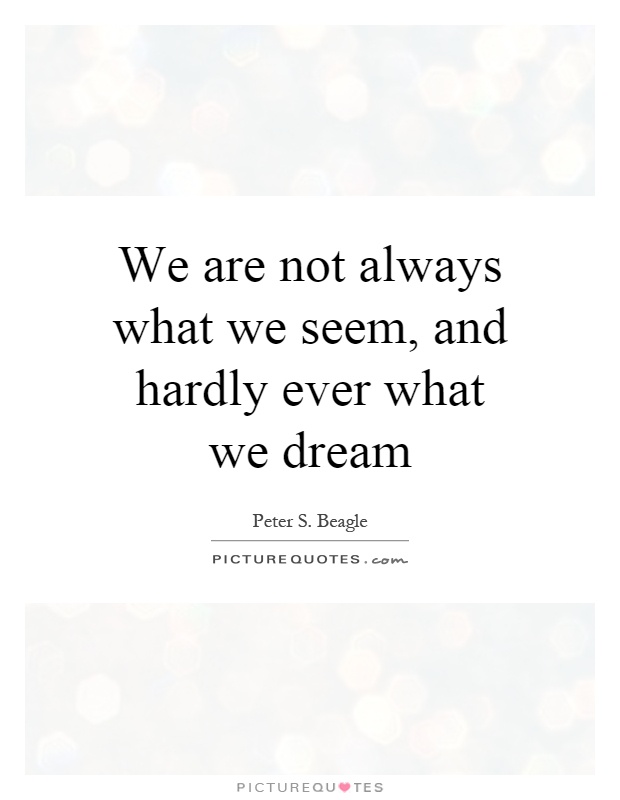
We are not always what we seem, and hardly ever what we dream
Peter S. Beagle, the acclaimed author of "The Last Unicorn," is known for his ability to weave intricate and fantastical tales that explore the complexities of human nature. In his works, Beagle often delves into the idea that individuals are not always what they appear to be on the surface, and that our dreams and desires can shape our true selves in unexpected ways."We are not always what we seem, and hardly ever what we dream" is a poignant statement that encapsulates the essence of Beagle's storytelling. In his stories, characters often grapple with their own identities and struggle to reconcile their outward personas with their innermost desires. This theme is particularly evident in "The Last Unicorn," where the titular character embarks on a journey of self-discovery and learns that her true nature is far more complex and multifaceted than she initially believed.
Throughout his body of work, Beagle explores the idea that our dreams and aspirations can shape our identities in profound ways. In "The Innkeeper's Song," for example, the protagonist, Soukyan, is a humble innkeeper who dreams of a life of adventure and excitement. As the story unfolds, Soukyan's dreams become intertwined with his reality, leading him on a journey of self-discovery that challenges his perceptions of himself and the world around him.
Beagle's exploration of the complexities of human nature is a testament to his skill as a storyteller. By delving into the depths of his characters' psyches and exposing the intricacies of their inner worlds, Beagle invites readers to reflect on their own identities and the ways in which their dreams and desires shape who they are. Through his evocative prose and vivid imagery, Beagle reminds us that we are not always what we seem, and that our true selves are often hidden beneath layers of illusion and misconception.
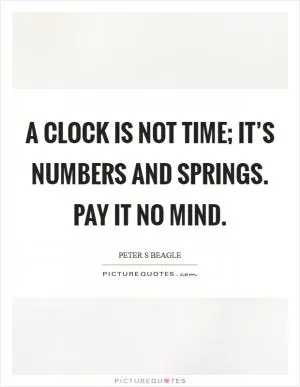



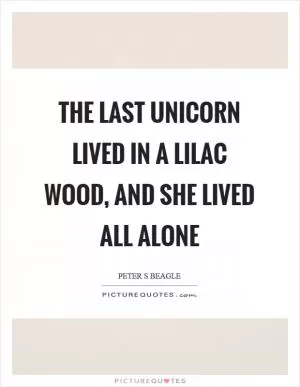




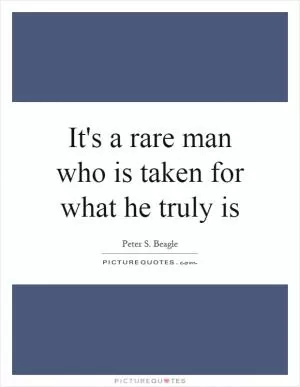
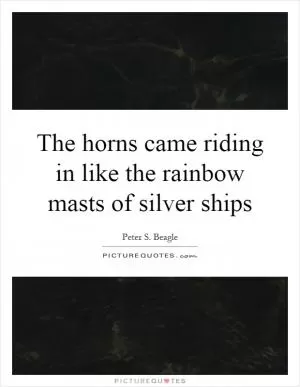

 Friendship Quotes
Friendship Quotes Love Quotes
Love Quotes Life Quotes
Life Quotes Funny Quotes
Funny Quotes Motivational Quotes
Motivational Quotes Inspirational Quotes
Inspirational Quotes